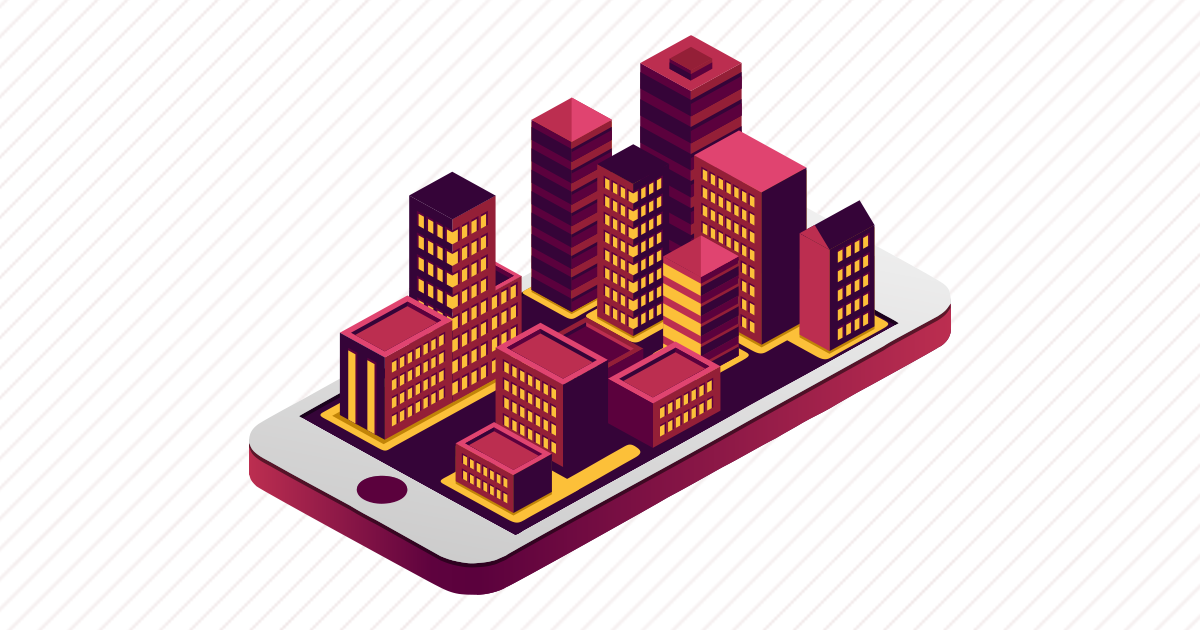
The real estate industry, historically reliant on traditional methods and face-to-face transactions, is undergoing a significant transformation with the integration of emerging technologies. In 2025, advancements in PropTech (property technology) are reshaping how real estate professionals operate and how consumers interact with the housing market. In this article, we explore some of the key technologies driving change in the real estate sector this year.
1. Artificial Intelligence and Big Data Analytics
Artificial intelligence (AI) is becoming increasingly prevalent in real estate. AI algorithms analyze vast amounts of market data, enabling better decision-making for investors, buyers, and sellers. Predictive analytics tools use historical data to forecast market trends, optimize pricing strategies, and identify high-yield investment opportunities. Additionally, AI-powered chatbots enhance customer service by providing instant responses to inquiries and guiding users through property searches.
2. Blockchain and Smart Contracts
Blockchain technology is revolutionizing property transactions by increasing transparency and security. Smart contracts, executed automatically when predefined conditions are met, will increasingly reduce the need for intermediaries such as brokers and lawyers, reducing transaction costs and time. This technology is particularly impactful in cross-border real estate deals, simplifying currency exchange and ensuring secure payment systems.
3. Virtual Reality (VR) and Augmented Reality (AR)
VR and AR technologies are changing the way properties are marketed and toured. Virtual reality allows potential buyers to experience immersive, 3D property tours from the comfort of their homes. Augmented reality enhances the home-buying experience by enabling users to visualize furniture placement or renovations in real-time. These tools help save time and effort for both buyers and realtors, especially in competitive urban markets.
4. Internet of Things (IoT) in Smart Homes
In certain markets, the Internet of Things (IoT) is making smart homes the more of the norm rather than the exception. IoT-enabled devices, such as smart thermostats, lighting systems, and security cameras, add value to properties and appeal to tech-savvy buyers. Realtors and property managers use IoT data to monitor energy efficiency and maintenance needs, enhancing operational efficiency.
5. Digital Platforms and Marketplaces
Digital platforms are streamlining property searches and transactions. Companies like Zillow, Redfin, and Opendoor offer user-friendly interfaces for buying, selling, and renting properties. These platforms leverage machine learning to provide personalized property recommendations and market insights. In 2025, the integration of AI and big data further enhances the accuracy and relevance of these services.
6. Drones for Property Visualization
Drones are transforming the way properties are marketed by providing high-quality aerial imagery and video content. Real estate developers and agents use drone footage to showcase expansive properties, highlight unique features, and give prospective buyers a comprehensive view of neighborhoods. This technology is particularly valuable for marketing luxury and commercial real estate.
7. Sustainability and Green Technology
Sustainable technologies are gaining traction as climate-conscious buyers seek energy-efficient homes. Innovations such as solar panels, green roofs, and energy storage systems are becoming standard features in new developments. Technology-driven tools help evaluate a property's carbon footprint, making it easier for buyers to assess long-term energy savings and environmental impact.
Conclusion
As technology evolves, the real estate industry in 2025 is adapting to meet the demands of a tech-driven world. From AI-powered analytics to blockchain-secured transactions, these innovations are enhancing efficiency, transparency, and the overall user experience. For real estate professionals and consumers alike, staying abreast of these technological trends is essential to thriving in a rapidly changing market.
Emerging technologies are not just transforming how real estate transactions occur; they’re redefining the future of the industry. Whether you’re an investor, developer, or first-time buyer, leveraging these advancements can help you navigate the market with greater confidence and success.
How Can EquityBrix Help?
EquityBrix is a next-generation fractional real estate and business investment platform. We provide investors with access to a wide range of real estate and business investment opportunities, offering transparency, security, and the potential for attractive returns. Whether you are new to investing or a seasoned investor, EquityBrix can help you navigate the evolving world of fractional ownership. Learn more about how you can start fractional investing today.
For more information on fractional real estate investments and how you can get involved, go to EquityBrix or contact us at Contact – EquityBrix.
Disclaimer: This article is for informational purposes only. Always consult with a financial advisor or real estate expert before making investment decisions.

